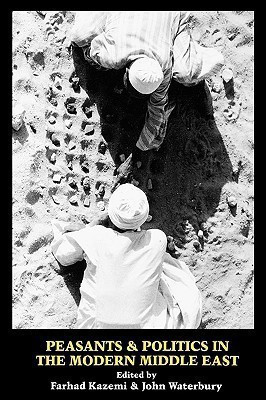Peasants and Politics in the Modern Middle East(English, Paperback, unknown)
Quick Overview
Product Price Comparison
Though war dominated news about the Middle East in 1991, political upheaval in the region existed long before CNN filmed it. This collection of essays addresses the evolving process of politics and violence in the rural populations of the Middle East in the last 150 years. While events in Egypt, Iran, and Turkey receive the most attention, the volume brings together material for the entire region, including analyses of peasant violence in Syria, Lebanon, Palestine, and North Africa. Societies of the Middle East entering the 20th century were overwhelmingly agrarian, consisting largely of peasants who produced for themselves or for local markets. As rural populations began producing for larger markets, conflict and rebellion ensued. The authors place the explosion of rural protests in historical context and examine the coping strategies of peasants undergoing rapid change. In analyzing the degree of peasant participation in politics, they warn against mistaking the outward appearance of submission for an inward acceptance of oppression. They argue that the most characteristic aspect of peasant insubordination has been its permanence and continuity and conclude that no single dynamic can explain why rural actors protest, sabotage, or acquiesce to the powerful interests that control the markets or the state.


